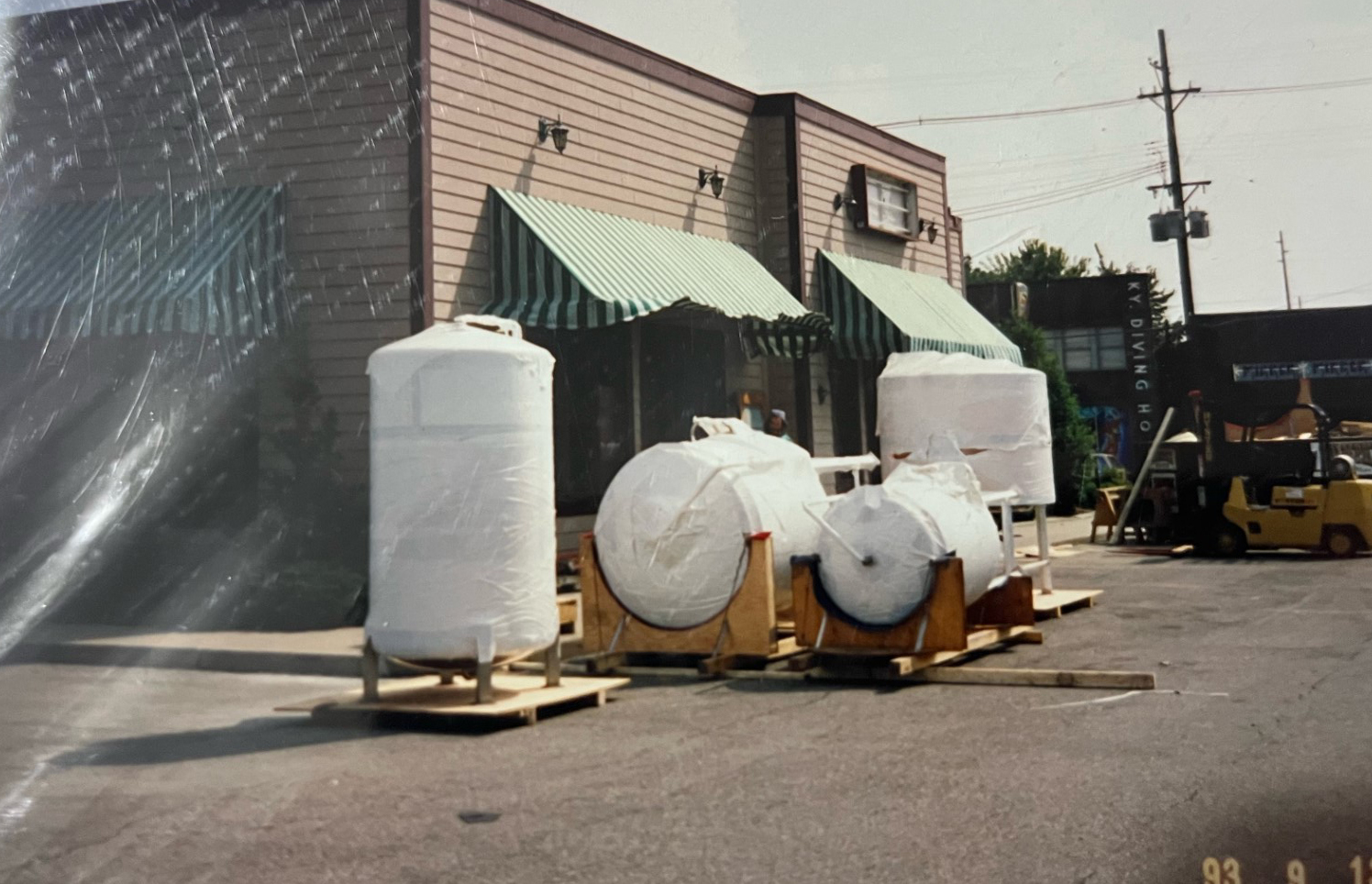
Some brewers give spent grain to farmers for feed or fertilizer. Others recycle spent grain as compost. Some have partnered with other organizations to explore the possibility of turning wastewater into energy.
Reusing and recycling is good for the environment — and can be great for a brewery’s marketing and bottom line, too. But before you connect with an organization that can take your brewing waste products off your hands, it’s imperative that you ensure your brewery is protected from risk exposure.
“Consider a brewery that saves its spent grain for a local farmer,” said Beall Brewery Insurance principal Richard Beall.
“On its face, it sounds like a win-win: the farmer gets feed or fodder for compost, and the brewery gets rid of its spent grain without impacting the local landfill.
“But it’s not quite that simple. When the farmer drives out to the brewery, fills his pickup with spent grain, and then drives it back to his farm, he’s exposed to injury on the brewery property — and the brewery is exposed to a liability claim that could be incredibly damaging to the future of the business.”
Reducing Risk While Recycling Waste
If a brewery enters into an agreement with another entity to repurpose the brewery’s waste, no doubt both organizations have the best of intentions. But accidents are an unfortunate reality of life, and it’s to the best interest of both parties that their rights and responsibilities are spelled out.
“A written agreement is a great starting point,” said Kristian Beall, AAI, who specializes in craft brewery insurance.
Such a document could address issues such as who is responsible for transporting the waste, a release of liability due to injury resulting from the transport, and indemnification if the waste is unusable (for instance, if spent grain is moldy).
But those aren’t the only issues to consider.
If a third party will be entering a brewery’s property to pick up spent grain or other brewery waste, will that brewery’s insurance cover any injuries or incidents that may occur? What would happen if the third party slipped and fell on brewery property? It’s vital for a brewery to discuss such a recycling relationship with the brewery insurance agent to learn whether the brewery should request to be added as an additional insured, or should request a waiver of subrogation, before moving forward.
Will the brewery be remunerated for its spent grain or other brewery waste, or is it a donation to the third party? Will the brewery need documentation of the amounts of the donation for corporate taxes?
How will the third party recognize the brewery’s participation in their business? For instance, if a company is using a brewery’s spent grain to create a product, will the brewery name and logo be featured on the company website? Is there an opportunity for shared advertising? Would that company’s product be a good fit for sales in the brewery tasting room, and if so, what would the financial framework of that relationship be?
“These are the kinds of issues that are easy to overlook when organizations are eager to launch a project that could benefit the community,” pointed out Richard Beall, whose agency works with craft breweries across the country, from start-up microbreweries to regional craft breweries with multi-state distribution.
“Hammering out these details early on will not only protect both organizations, but could help to preserve the relationship if an injury or auto accident occurs in connection with the recycling project,” added Kristian Beall.
It’s smart for any business to be environmentally conscious. It can prove beneficial to the financial bottom line—and be a great way to attract new fans. But if your brewery is serious about finding ways to recycle spent grain and other brewery waste, check with your attorney, your accountant, and your insurance agent to make sure that you are approaching this new endeavor sustainably — not only for the environment, but also for your brewery.




Be the first to comment